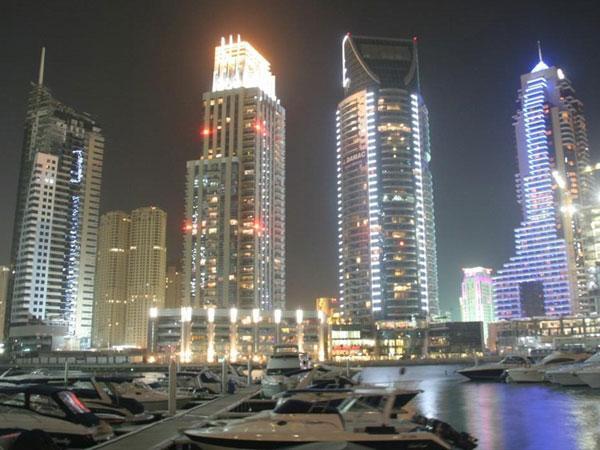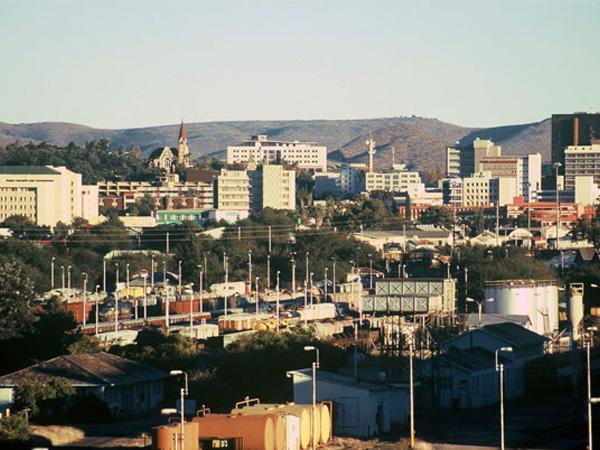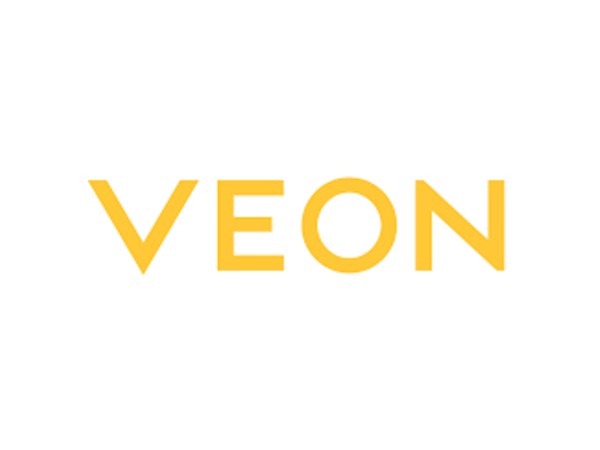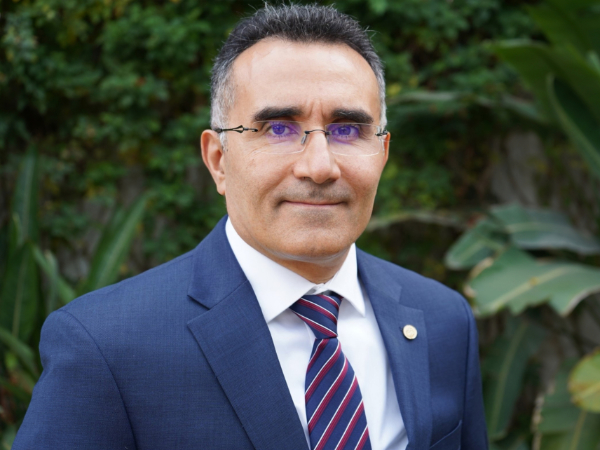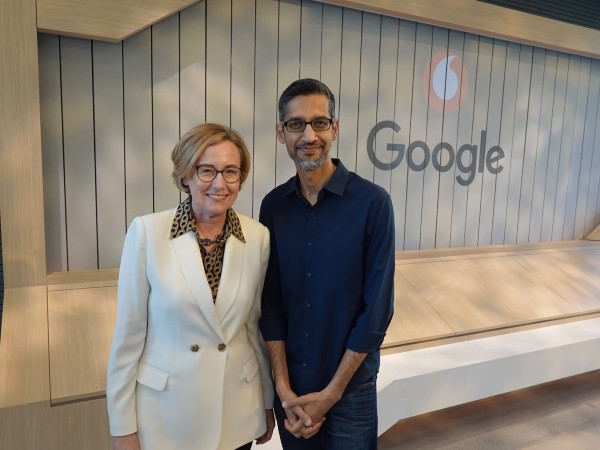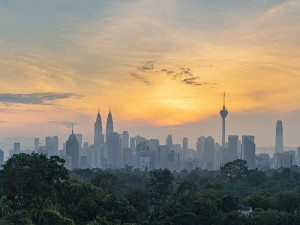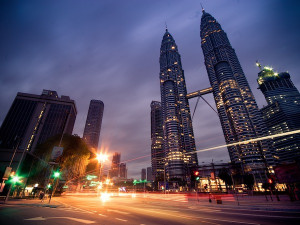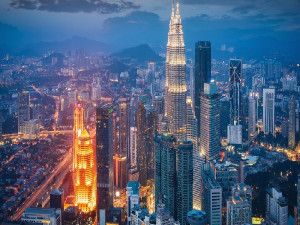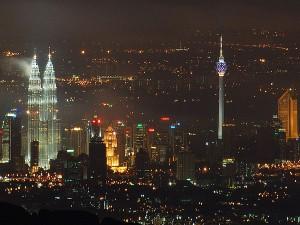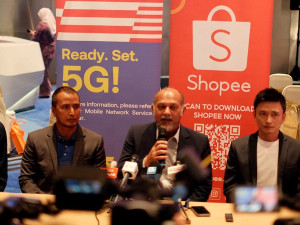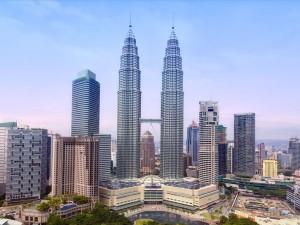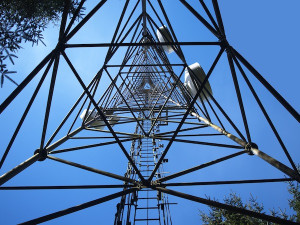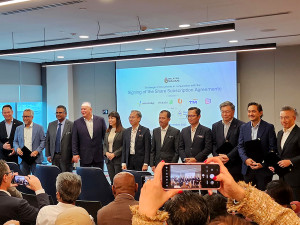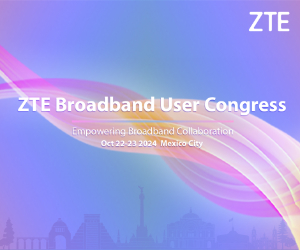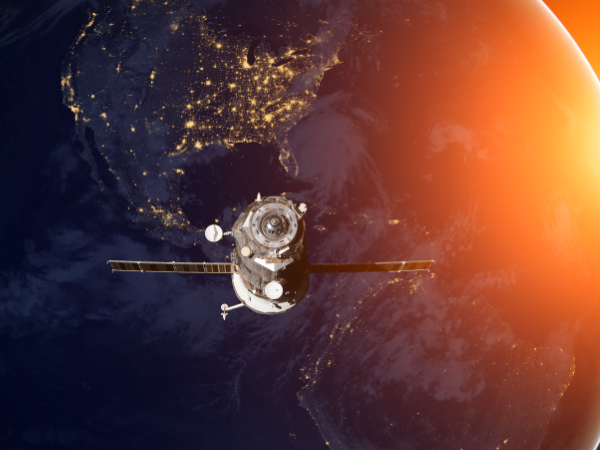Recognising the potential boost for the economy, Malaysia broke the mould by opting to push mobile network operators to deploy 5G through a single network strategy.
This was a move the government bet on to elevate Malaysia as a global leader in telecoms, bolster digital infrastructure and support emerging technologies; to shape Malaysia as a digital economy hub to attract foreign investment and businesses.
The Malaysian government under then Prime Minster Muhyiddin Yassin created Digital Nasional Berhad (DNB), the state-owned wholesale company tasked with building and managing Malaysia’s national 5G network. The single network strategy was created to lower cost to deploy 5G infrastructure, provide consumers with high average speeds, and efficiently spread coverage.
But it wasn’t all plain sailing as Malaysia’s largest operators pushed back against the controversial plan, delaying deployment, while neighbouring nations pushed on with their rollouts.
Developing Telecoms has compiled all the key moments in Malaysia’s unique 5G journey.
Founding DNB
DNB was established in early March 2021 with its first task outlined to launch Malaysia’s 5G network in populated areas from December 15. The DNB model essentially was intended to avoid duplicating mobile sites from operators and allow telcos to access the national network on a wholesale basis. Ericsson was named as the company’s exclusive equipment vendor in July 2021 ending its rigorous tender process.
Citing a report published in conjunction with consultancy firm EY, DNB said that the adoption of 5G technologies will increase Malaysia’s GDP by 5% to MYR122 billion (US$29 billion), and create 148,000 jobs.
Pushback from operators
Malaysia’s largest operators Celcom, Maxis, Digi, and U Mobile protested against a single company holding sole power to deploy 5G. They argued the model was inefficient and does not encourage competition, demanding the traditional model of each operator building its own 5G infrastructure. Industry body the GSMA noted at the time Single Wholesale Networks (SWN) in other markets had a track record of failing.
It was reported that operators didn’t exactly push to the front of the queue for capacity from DNB, leading to the wholesale company to reportedly offer pricing incentives.
The government was apparently mulling scrapping the SWN plan due to the lack of support from operators.
YTL Communications said Yes 5G
The majority of Malaysia’s operators chose to stick to their guns and did not sign purchase agreement deals with DNB. The wholesale company did launch 5G in certain locations around Kuala Lumpur with state-owned Telekom Malaysia and YTL Communications but it was a rather damp affair without the backing of all operators.
Not wanting to miss out, operators continued to fight their corner. Celcom, Digi, Maxis and U Mobile proposed the formation of a second 5G wholesaler to provide competition and avoid DNB having a monopoly over the deployment of 5G.
Major operators finally got onboard… a year later
It took almost a whole year since the initial small-scale launch of Malaysia’s 5G network, but major telcos finally agreed to sign up to DNB’s 5G network in October 2022 in 10-year access deals and launched commercial services. A key enabler for the deal was the government allowing Celcom, Digi, Telekom Malaysia, Maxis and YTL Communications distributing equally among themselves 65% of shares in DNB.
But then new Prime Minister Anwar Ibrahim accused DNB of not being transparent and called for a review after DNB revealed that it will spend MYR16.5 billion over the next decade to deploy 5G infrastructure.
“The network will be funded by revenues generated by the sale of 5G capacity the MNOs. There is no government funding or guarantees anticipated or expected, other than an initial start-up investment of MYR500 million,” said DNB at the time.
By January 2023, DNB claimed it had achieved 50% coverage in populated areas reaching over 15 million people. It then outlined ambitions to connect 80% of populated areas by the end of 2024.
Shifting to a dual-network model
Prime Minster Ibrahim initiated a review of DNB’s SWN model and announced in May 2023 that Malaysia will transition to a dual-network model, in what seemed to be a massive concession to get operators more onside. Under this plan, after DNB reaches 80% population coverage by the end of 2023, a second provider will be launched to increase competition and improve 5G quality.
DNB hit its target in December 2023 and in the following month the Malaysian government unveiled the dual-network model in January 2023.
But baggage remained in DNB, as Channel News Asia reported the wholesale company was failing to strike enhanced Share Subscription Agreements (SSA) with operators. A report DNB went on to deny and stated these deals are currently undergoing negotiations.
Telekom Malaysia, CelcomDigi, Maxis, U Mobile and YTL Power International signed their SSA in December 2023 to take a 14% stake each in DNB for a collective 70% stake.
In March 2024, industry bench markers Ookla ranked Malaysia’s 5G network as a leading example in South East Asia and one of the best performing 5G networks globally. Malaysia’s 5G median download speed was 451.79 Mbps, which was higher than Singapore’s 329.73 Mbps, Thailand’s 129.40 Mbps, and the Philippines’ 125.14 Mbps. Malaysia also had the best upload speed in the region with 51.84 Mbps, compared to 27.57 Mbps in Singapore, 23.63 Mbps for Thailand, and 12 Mbps for the Philippines.

